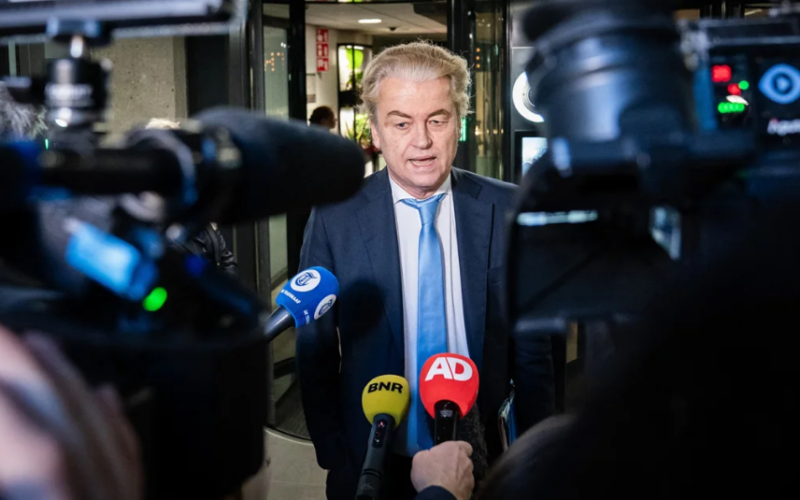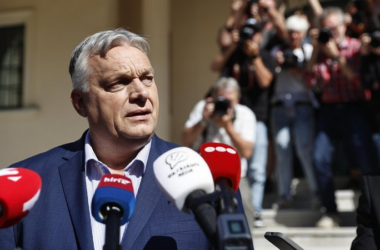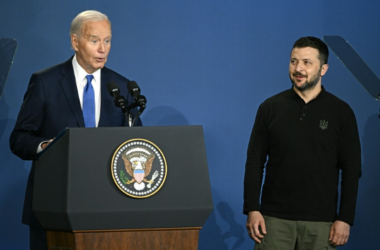Renowned Dutch politician Geert Wilders has recently announced his decision to relinquish his hopes of ascending to the position of Prime Minister of the Netherlands, citing a significant lack of support for his political agenda. This development marks a notable shift in the trajectory of Wilders’ political career and reflects broader trends within Dutch politics.
Wilders, the leader of the far-right Party for Freedom (PVV), has long been a polarizing figure in Dutch politics, known for his outspoken views on immigration, Islam, and the European Union. Despite his popularity among certain segments of the electorate, Wilders has consistently faced challenges in garnering sufficient support to translate his electoral success into tangible political power.
The decision by Wilders to abandon his aspirations for the premiership comes amidst a backdrop of shifting political dynamics in the Netherlands. In recent years, mainstream parties have increasingly sought to marginalize and isolate the PVV, viewing Wilders’ brand of populism as antithetical to the principles of tolerance, multiculturalism, and liberal democracy that underpin Dutch society.
Moreover, Wilders’ political fortunes have been further undermined by internal divisions within the PVV and controversies surrounding his leadership style and rhetoric. While Wilders has cultivated a loyal following among voters disillusioned with traditional politics, his confrontational approach and provocative statements have alienated potential allies and hindered his ability to build coalitions necessary to govern effectively.
The lack of support for Wilders’ bid for the premiership reflects broader shifts in Dutch society and politics, characterized by a growing emphasis on consensus-building, pragmatism, and moderation. As the Netherlands grapples with complex challenges such as economic inequality, climate change, and social integration, voters increasingly prioritize leaders who offer pragmatic solutions and inclusive visions for the future.
Wilders’ decision to abandon his pursuit of the prime ministership also underscores the limitations of populist politics in the Dutch context. While Wilders has successfully tapped into popular discontent with establishment politics and immigration policies, he has struggled to translate his populist rhetoric into concrete policy proposals and governance strategies that resonate with a broader electorate.
Furthermore, Wilders’ decision may also reflect a recognition of the changing dynamics within the European political landscape. As populist movements across the continent confront internal divisions and external challenges, leaders like Wilders must contend with shifting public opinion and evolving electoral dynamics that may not always align with their ideological agendas.
Despite his decision to step back from his ambitions for the premiership, Geert Wilders remains a formidable force in Dutch politics, commanding significant influence within the PVV and shaping public discourse on key issues. While his prospects for assuming the highest office in the Netherlands may have dimmed, Wilders’ legacy as a prominent figure in Dutch politics is likely to endure, leaving a lasting impact on the country’s political landscape.
In conclusion, Geert Wilders’ decision to abandon his aspirations of becoming Prime Minister of the Netherlands reflects a recognition of the challenges facing his political movement and the shifting dynamics within Dutch society and politics. While Wilders remains a prominent figure in Dutch politics, his decision underscores the limitations of populist politics and the enduring importance of consensus-building and pragmatic governance in the Dutch context. As the Netherlands navigates the complexities of the 21st century, the legacy of Geert Wilders will continue to shape the country’s political trajectory for years to come.








